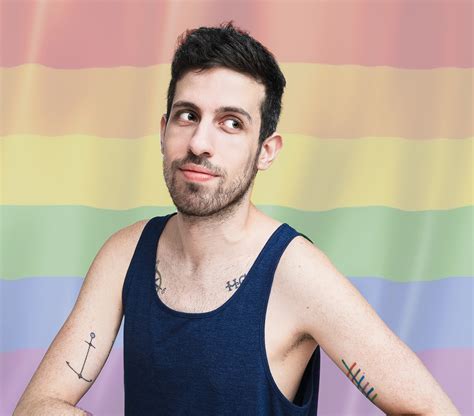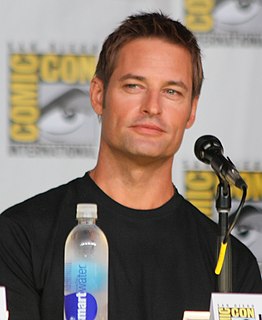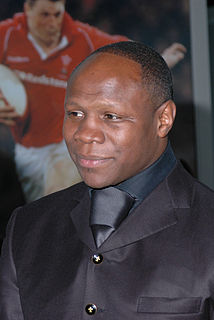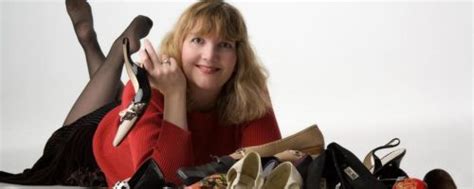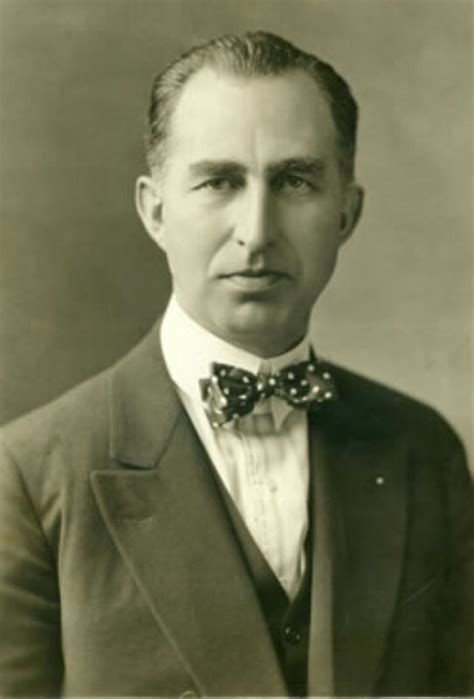A Quote by Adam Silvera
My first book was on the grittier side of life. A week before being published, I realized all of my main characters come from single households. That was something that, when I lived in South Bronx, that's what it was like.
Related Quotes
My last point about getting started as a writer: do something first, good or bad, successful or not, and write it up before approaching an editor. The best introduction to an editor is your own written work, published or not. I traveled across Siberia on my own money before ever approaching an editor; I wrote my first book, Siberian Dawn, without knowing a single editor, with no idea of how to get it published. I had to risk my life on the Congo before selling my first magazine story. If the rebel spirit dwells within you, you won't wait for an invitation, you'll invade and take no hostages.
When I wrote the first Betsy book, 'Undead and Unwed,' I had no idea, none, that it would be a career-defining, genre-defining book, the first of over a dozen in the series, the first of over 70 published books, the first on my road to the best-seller list, the first on my road to being published in 15 countries.
About a year after (my stories began being published), magazine editor George Scithers, suggested to me that since I was so new at being published, I must be very close to what I had to learn to move from fooling around with writing to actually producing professional stories. There are a lot of aspiring writers out there who would like to know just that. Write that book.SFWW-I is that book. It's the book I was looking for when I first started writing fiction.
Make sure your characters are worth spending ten hours with. That’s how long it takes to read a book. Reading a book is like being trapped in a room for ten hours with those characters. Think of your main characters as dinner guests. Would your friends want to spend ten hours with the characters you’ve created? Your characters can be loveable, or they can be evil, but they’d better be compelling. If not, your reader will be bored and leave.
When I am teaching, I first give out Tolstoy's 'Childhood,' his first published book. It is so transparent. It gives you exactly what it was like to be on a Russian estate in 1830. You are there. And that is the hope when you sit down and write still, I think - that you can transmit something of what life is like now.
I came to nonfiction through journalism. My first book was journalism, and it was so frustrating to me, while I was writing it, that I wasn't capturing the moments the way they were when I lived them; I was filtering and re-filtering. I had to come to terms with the fact that I couldn't and shouldn't claim authenticity. Then, when the book was published and I gave readings, I'd hear myself read and it was like I was eavesdropping on a dream - even with myself as the narrator. I knew that guy but couldn't exactly recognize him.
